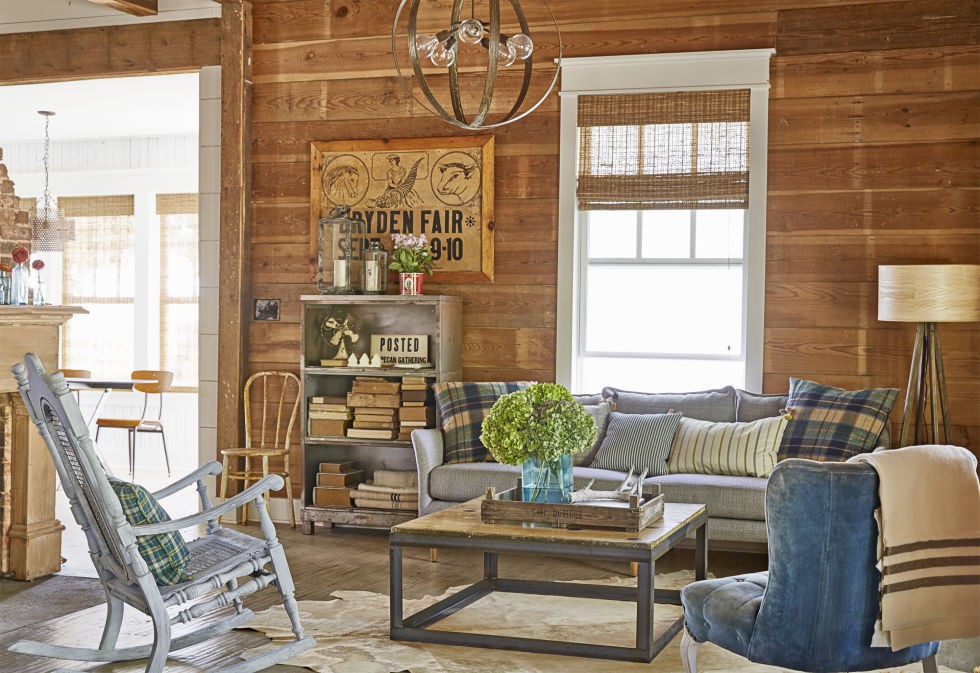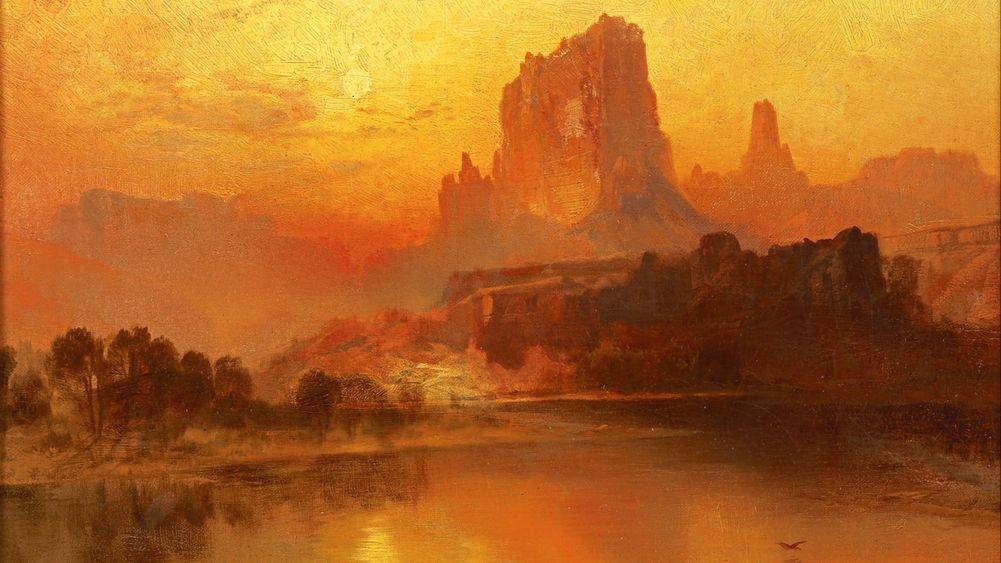
Paul Klee
Paul Klee was a Swiss born German painter famed for his idiosyncratic Modernist paintings. Raised within a musical family, he began his artistic training in 1898 at the Munich Academy of Fine Art. After his travels around Italy, Switzerland and France, he settled back in Munich where he exhibited a series of etchings at the Secession Show of 1906. By 1911, he had fallen in with Kandinsky and Macke from Der Blaue Reiter Group. By drawing on elements from Expressionism, Cubism and Surrealism, his painting was pushed in an increasingly avant-garde direction. Despite having executed most of his early work in black and white, following a 1914 trip to Tunisia, color would become a central motif within his ever more abstract pictures. From 1920, he taught at the Bauhaus School, but the rise of the Nazis would see his paintings condemned in the infamous 1937 exhibition of Degenerate Art. Although difficult to categorize, his playfully humorous works stand in poignant contrast to the horrors of the 20th century.
Editorial (4)

“Degenerate” Art in the Time of the Nazis
(Want to explore the history of other movements, styles, and schools? Check out our series.)…

Choosing Art for a Rustic Home
In each installment of our series Decor Decisions, an interior designer helps us choose art for a certain style of home, fro…

Abstract Art Inspired by Music
In this weekly series, we’ll start with a recently added artwork, and pull together a selection of complementary pieces from…
Playlists (39)



A Trip to the Museum



Warm Tones
Related artists

Wassily Kandinsky
Russian, 1866–1944
Kazimir Malevich
Russian, 1878–1935